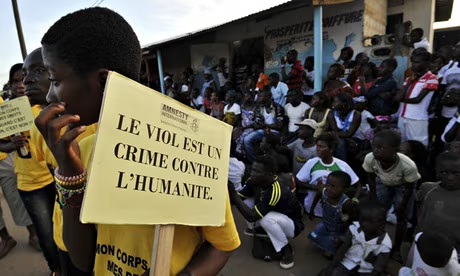This is the first decision of its kind to be delivered by the African Committee of Experts on the Rights and Welfare of the Child (the ACERWC) since its inception on the 21 of July 2001. Firstly, the African Committee is the only body globally which is specialized designed to protect and defend children’s rights; secondly, its finding in favour of the Nubian children in recognition of their nationality is vital as it has the effect of lessening the quandary of stateless in the continent. Thirdly, this decision can be used as a human rights advocacy tool and strategy by children’s human rights organizations and other civil society groups in generally.
The ACERWC found that the Republic of Kenya had violated Articles 6, particular sub-articles (2), (3) and (4), Article 3, and a list of “consequential violations” including Article 11(3) and Article 14 of the African Charter on the Rights and Welfare of the Child. It said that birth registration is the State’s first official acknowledgment of a child’s existence, and a child who is not registered at birth is in danger of being shut out of society – denied the right to identity, a recognized name and a nationality [UNICEF “Birth registration: Right from start” (March 2002) Innocenti Digest No 9.
Article 6 (name and nationality) provides:
1. Every child shall have the right from his birth to a name.
2. Every child shall be registered immediately after birth.
3. Every child has the right to acquire a nationality.
4. States Parties to the present Charter shall undertake to ensure that their Constitutional legislation recognize the principles according to which a child shall acquire the nationality of the State in the territory of which he has been born if, at the time of the child’s birth, he is not granted nationality by any other State in accordance with its laws.
In accordance with Article 4 the Committee opined that if a child is born on the territory of a State Party and is not granted nationality by another State, the State in whose territory the child is born, in this case Kenya, should allow the child to acquire its nationality. The Committee found that Kenya had or continues to discriminate against children of Nubian descent in violation of Article 3. The finding of violations was the first layer of success in confronting the pattern of systematic marginalisation against children of Nubian descent. For the most, being the first communication to be conclusively dealt with by an African complaints handling body, the decision is arguably of ground breaking utility in laying down African human rights jurisprudence in the area of children’s rights. The second limb relates to the recommendations made as remedies for the identified patterns, and here lies the efficacy of addressing human rights violations using African mechanisms of the present prototype regarding the authority of their decisions and remedies.





